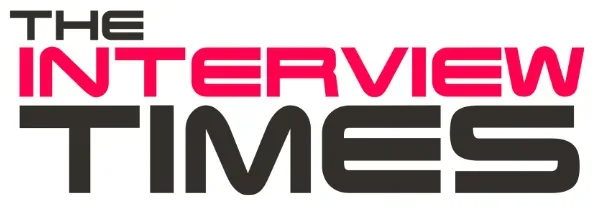In a high-stakes antitrust trial that could reshape the tech industry, Google CEO Sundar Pichai took the stand on April 30, 2025, to defend the company against the U.S. Department of Justice’s (DOJ) aggressive proposals to dismantle its dominance in online search. The DOJ is pushing for measures that include forcing Google to sell its Chrome browser and share its vast search data with competitors, actions Pichai warned could threaten the company’s core search engine and have far-reaching consequences for consumers, innovation, and U.S. technological leadership.
A “De Facto” Divestiture
Pichai described the DOJ’s plan to mandate sharing Google’s search data as a “de facto” divestiture, arguing it would allow rivals to reverse-engineer Google’s proprietary technology. “This would undermine our ability to compete effectively,” Pichai testified in a Washington, D.C., federal court, according to Bloomberg. He cautioned that such measures would stifle research and development, ultimately harming consumers by limiting access to cutting-edge search capabilities.
The DOJ’s proposals stem from a landmark ruling last year by U.S. District Judge Amit Mehta, who found that Google illegally monopolized the online search market. The judge cited Google’s multibillion-dollar deals with companies like Apple, Samsung, AT&T, and Verizon to secure default search engine status on mobile devices as a key factor in maintaining its dominance.
Privacy Concerns at the Forefront
Pichai also raised alarms about the potential privacy risks of the DOJ’s remedies. Forcing Google to share or sell search data could jeopardize user privacy, particularly during “their most vulnerable moments,” he told the court. This concern resonates in an era where data security is a growing public issue, as sharing sensitive search queries could expose users to exploitation.
Chrome Breakup: A Threat to the Internet Ecosystem
The DOJ’s push to break up Google by selling off its Chrome browser, which holds a significant share of the global browser market, was another focal point of Pichai’s testimony. He argued that such a move would harm not only Google but also browser developers, smartphone manufacturers, and internet users. Chrome’s integration with Google’s ecosystem allows for seamless updates and security features, and Pichai warned that a forced sale could disrupt this balance, potentially weakening digital security for millions.
Broader Implications for Tech and Geopolitics
Google has framed the DOJ’s proposals as a threat to U.S. technological leadership, particularly in the global race against China. In posts on X and statements to CNBC, Google argued that a breakup would “harm the United States” by constraining its ability to innovate and compete with international rivals. The company’s legal team emphasized that the remedies could “imperil browser developers and jeopardize the digital security of millions of consumers.”
The trial, described as the biggest antitrust case since the Microsoft lawsuit in the late 1990s, underscores the government’s renewed focus on curbing Big Tech’s power. The DOJ’s actions, initially filed under the Biden administration and now pursued under President Donald Trump, signal a bipartisan push to address Google’s dominance, which extends beyond search into AI and digital advertising.
What’s at Stake?
The outcome of this three-week “remedy hearing” could fundamentally alter Google’s $1.8 trillion empire and reshape the internet landscape. A forced breakup or stringent regulations could weaken Google’s grip on search, which handles the majority of U.S. internet queries, and open the door for competitors like Microsoft’s Bing or emerging AI-driven platforms. However, Pichai’s testimony suggests that such changes could come at the cost of innovation, user experience, and national competitiveness.
As the trial unfolds, all eyes are on Judge Mehta, who will decide whether to grant the DOJ’s requests or opt for less severe measures. The decision could set a precedent for how the U.S. regulates tech giants, with ripple effects across Silicon Valley and beyond.

